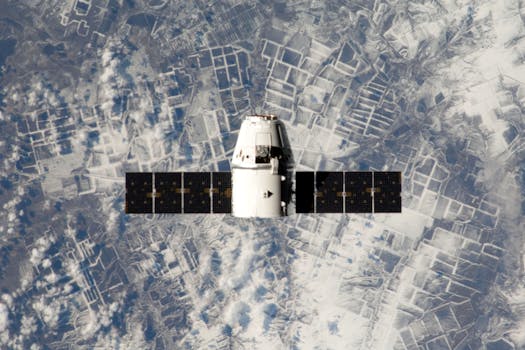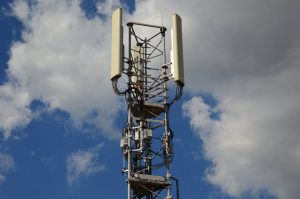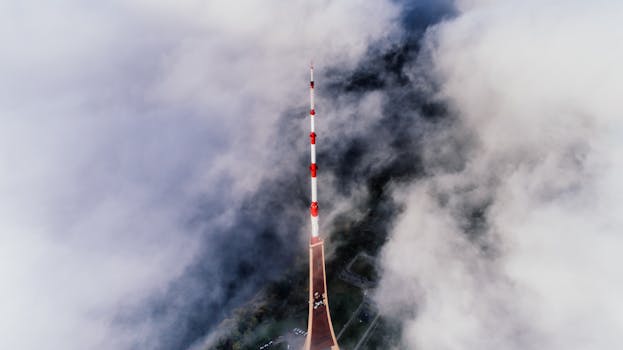
GEO Satellites: Understanding their Importance in Modern Telecommunications
GEO satellites, or Geostationary Earth Orbit satellites, are a type of satellite that orbits the Earth at an altitude of approximately 36,000 kilometers. They are called geostationary because they appear to be stationary in the sky, as they orbit the Earth at the same rate as the Earth rotates. This unique characteristic makes GEO satellites ideal for a wide range of applications, including television broadcasting, telecommunications, and weather forecasting.
At the beginning of the article about GEO satellites, it is essential to understand the basics of satellite communications. GEO satellites are used to transmit data, voice, and video signals across the globe. They are particularly useful for providing services to remote or underserved areas, where traditional telecommunications infrastructure may not be available. In addition to their use in telecommunications, GEO satellites are also used for television broadcasting, allowing channels to reach a global audience.
How GEO Satellites Work
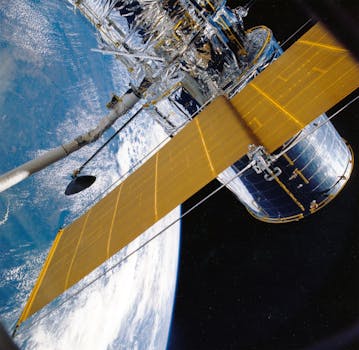
GEO satellites work by transmitting and receiving signals to and from Earth stations. The Earth stations use large antennas to communicate with the GEO satellite, which then relays the signal to its destination. The signal is transmitted on a specific frequency, and the GEO satellite is designed to receive and transmit signals on that frequency. The satellite’s transmitter amplifies the signal, and then re-transmits it back to Earth, where it is received by another Earth station.
The use of GEO satellites has several advantages, including global coverage, high bandwidth, and reliability. They are also relatively low maintenance, as they can operate for many years without the need for refurbishment or replacement. However, GEO satellites also have some limitations, including the risk of signal interference, latency, and the high cost of launching and maintaining them.
Applications of GEO Satellites
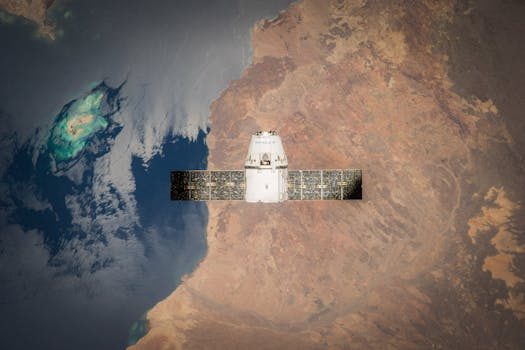
GEO satellites have a wide range of applications, including telecommunications, television broadcasting, and weather forecasting. They are used to provide voice and data services to remote or underserved areas, and are also used for maritime and aeronautical communications. In addition to their use in communications, GEO satellites are also used for navigation, such as in the Global Positioning System (GPS).
The use of GEO satellites in weather forecasting is also critical, as they provide images of cloud patterns, sea surface temperatures, and other weather-related data. This information is used to predict weather patterns, and to issue warnings for severe weather events such as hurricanes and typhoons. GEO satellites are also used for environmental monitoring, such as tracking deforestation, pollution, and climate change.
Future of GEO Satellites

The future of GEO satellites is promising, with new technologies and innovations being developed to improve their performance and capabilities. One of the most significant developments is the use of high-throughput satellites (HTS), which offer faster data speeds and greater bandwidth. HTS satellites use multiple spot beams to provide coverage, allowing for more efficient use of bandwidth and greater flexibility.
In addition to the development of HTS satellites, there are also advancements being made in the field of satellite propulsion. New propulsion systems, such as electric propulsion, are being developed to improve the efficiency and lifespan of GEO satellites. These advancements will enable GEO satellites to operate for longer periods, and to provide more reliable and efficient services.
See more:
